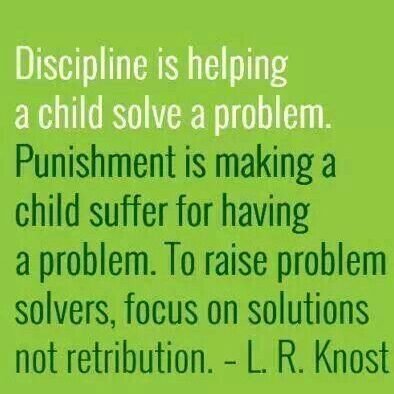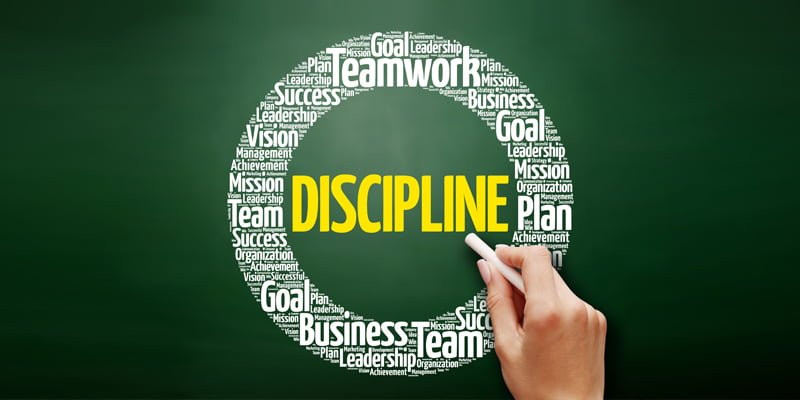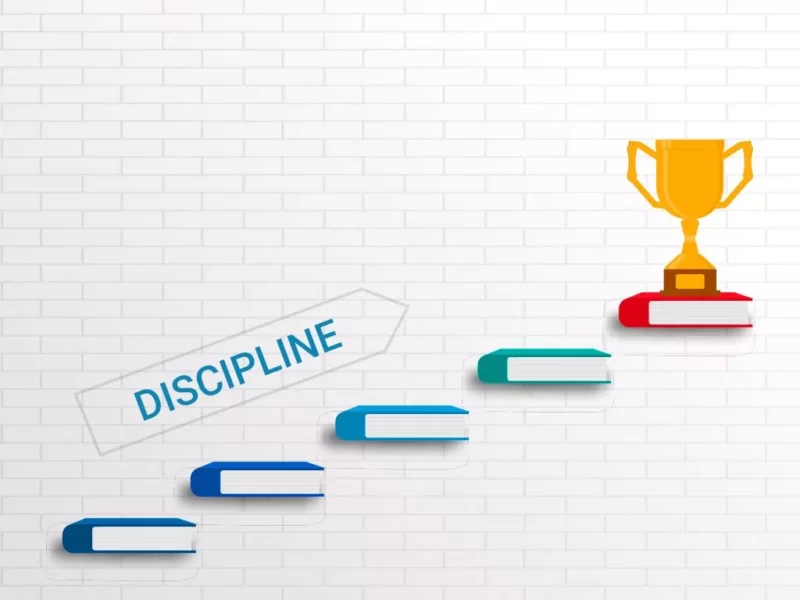What is the Meaning of Discipline? 4 Types of Disciplines
Discipline is a concept that plays a crucial role in various aspects of our lives, ranging from personal development to professional success. It encompasses a set of principles, practices, and behaviors that enable individuals to maintain control, order, and focus in their lives. In this article, we will explore the meaning of discipline and delve into different types of disciplines that can be applied in various areas. So let’s dive in and discover the power of discipline!

Introduction
Discipline serves as a guiding principle that helps individuals lead organized and successful lives. It involves adhering to rules, regulations, and practices that foster growth, productivity, and overall well-being. By embracing discipline, individuals can overcome obstacles, develop good habits, and achieve their goals effectively.
Defining Discipline
Discipline can be defined as the ability to control one’s actions, thoughts, and emotions to align with a specific set of rules or standards. It requires consistency, commitment, and determination to stay focused on the desired path, even when faced with challenges or distractions.
Personal Discipline
Self-Discipline
Self-discipline refers to the ability to regulate one’s behavior and actions in line with personal goals and values. It involves making conscious choices and resisting temptations that might hinder progress. Self-discipline enables individuals to stay motivated, practice restraint, and persevere through difficulties.
Time Management
Time management is a crucial aspect of personal discipline. Effectively managing time involves prioritizing tasks, setting deadlines, and allocating appropriate time to different activities. By mastering time management skills, individuals can enhance productivity, reduce stress, and achieve a healthy work-life balance.
Health and Fitness
Maintaining discipline in matters of health and fitness is vital for overall well-being. It includes following a balanced diet, engaging in regular exercise, and getting sufficient rest. By prioritizing health and fitness, individuals can improve their physical and mental well-being, leading to a higher quality of life.

Professional Discipline
Work Ethics
Professional discipline entails upholding ethical standards and principles in the workplace. It involves being punctual, maintaining integrity, and delivering high-quality work. By embodying strong work ethics, individuals can earn respect, build a positive reputation, and excel in their careers.
Goal Setting
Discipline is essential for effective goal setting. By setting clear and achievable goals, individuals can direct their efforts and actions toward specific outcomes. Discipline helps individuals stay focused, take consistent action, and overcome obstacles on the path to achieving their goals.
Continuous Learning
Discipline plays a significant role in fostering a mindset of continuous learning. It involves seeking opportunities to expand knowledge, develop new skills, and stay updated in one’s field. By embracing discipline in the pursuit of knowledge, individuals can remain competitive and adapt to evolving trends and technologies.

Educational Discipline
Study Habits
Educational discipline relates to the habits and practices individuals adopt to enhance their learning experience. It includes setting study schedules, organizing study materials, and maintaining a conducive learning environment. By practicing disciplined study habits, individuals can optimize their learning potential and achieve academic success.
Academic Integrity
Discipline in the context of education encompasses academic integrity. It involves maintaining honesty, originality, and ethical conduct in academic endeavors. Academic discipline helps individuals develop a strong moral compass, respect intellectual property, and uphold the values of education.
Time Management
Similar to personal discipline, time management plays a pivotal role in educational discipline. Effective time management allows individuals to allocate sufficient time for studying, completing assignments, and engaging in extracurricular activities. By mastering time management, students can balance their academic commitments and personal life effectively.
Spiritual Discipline
Meditation
Spiritual discipline often involves practices such as meditation. Meditation helps individuals cultivate inner peace, mindfulness, and a deeper connection with themselves. By incorporating meditation into their daily routine, individuals can reduce stress, enhance self-awareness, and foster a sense of spiritual well-being.
Prayer
Prayer is another form of spiritual discipline that allows individuals to connect with a higher power or their spiritual beliefs. It provides solace, guidance, and a means of expressing gratitude. Engaging in regular prayer can offer individuals a sense of purpose, comfort, and spiritual fulfillment.
Mindfulness
Mindfulness is a practice that involves being fully present and aware of the present moment. It enables individuals to appreciate the beauty of the present, reduce stress, and enhance overall well-being. By embracing mindfulness as a spiritual discipline, individuals can develop a greater sense of clarity, gratitude, and peace.

Conclusion
Discipline serves as a powerful tool for personal growth, professional success, educational achievement, and spiritual well-being. By practicing discipline in various areas of life, individuals can unlock their full potential and lead fulfilling lives. Embracing self-discipline, time management, and cultivating discipline in specific domains allows individuals to navigate challenges, set and achieve goals, and live with purpose.
FAQs (Frequently Asked Questions)
Q1: How can discipline benefit my personal life?
Discipline can benefit your personal life in numerous ways. It helps you develop good habits, achieve your goals, and maintain a healthy work-life balance.
Q2: What are some effective time management techniques?
Some effective time management techniques include prioritizing tasks, creating schedules, setting deadlines, and eliminating distractions.
Q3: Can discipline improve my professional success?
Yes, discipline plays a vital role in professional success. It helps you maintain work ethics, set and achieve goals, and continually improve your skills and knowledge.
Q4: How can discipline enhance my educational journey?
Discipline enhances your educational journey by promoting effective study habits, academic integrity, and optimal time management skills.
Q5: Is spiritual discipline necessary?
Spiritual discipline is a personal choice. However, it can offer profound benefits such as inner peace, mindfulness, and a deeper connection with oneself and the world around you.
In conclusion,
Discipline is a fundamental concept that influences various aspects of our lives. By understanding the meaning of discipline and exploring different types of disciplines, we can harness its power to lead purposeful and successful lives. So embrace discipline, cultivate good habits, and embark on a journey of personal and professional growth.
https://ffe.org/importance-of-discipline-newsletter-april-2022/






